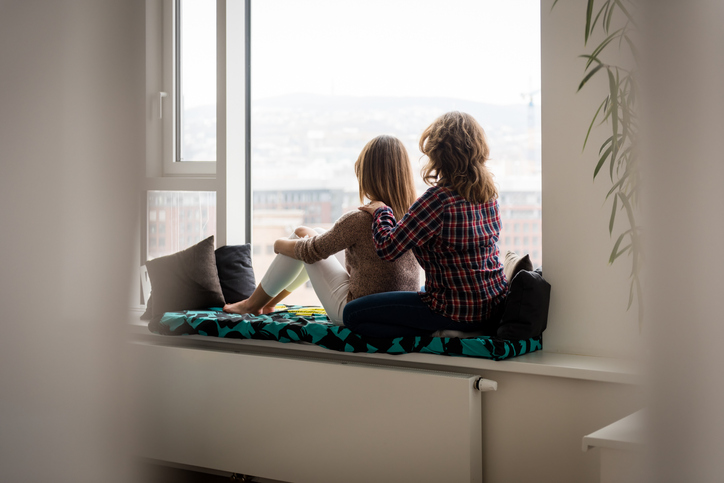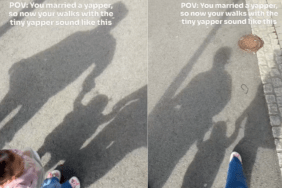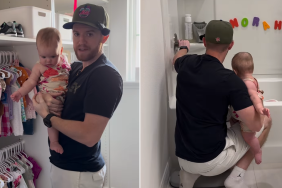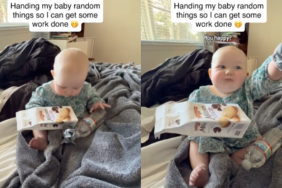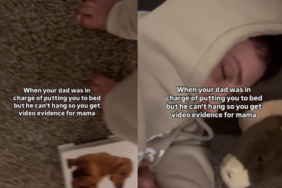My daughter is now 22. She was diagnosed with autism nearly 18 years ago. As hard as it is for me to believe I’ve been a mom that long, it’s even harder to believe we’ve been working our way through autism for so many years. I wish I could say, “It hasn’t always been easy” in that sing-songy voice parents use. Instead, I’d have to say, “It has never been easy”—no sing-song-i-ness needed.
As the mom to a child who was diagnosed before everyone had a neighbor, friend, or family member dealing with autism, I’m in the distinct role of parenting an adult with autism before the wave of kids diagnosed in the past 15 years grows up. Because of this, I feel the need to share with you a few things I wish I had done differently for my daughter when she was a child:
- Insist she spend her educational time on what was most important for her future. Since about second grade, my daughter has been very verbal. Because of this, everyone assumed she could handle general education classes. Looking back, we wasted a lot of time letting her occupy a seat in a classroom just in case she could comprehend what was being taught, rather than working on life skills that she needed for her future. Classes that covered how to use the washing machine or remember to turn off the stove would have been much more beneficial.
- Focus on healthy lifestyle habits. If you’ve ever attended an event with other kids with autism, you’ve probably found that the majority of the kids are overweight. While much of this has to do with the side effects of medication, I can’t help but wonder: If I had gotten my daughter used to daily physical activity when she was young, could it have become a lifelong habit? She is active in Special Olympics, but one day of exercise a week is not enough to maintain physical fitness, and it’s next to impossible to talk her into doing anything that veers from her schedule.
- Find a peer group to last a lifetime. Easier said than done, right? Since the number of kids with autism has grown since my daughter’s childhood days, I hope this is easier for other families than it was for us. Now that my daughter is at the age where we’re looking for a potential roommate, or even just someone to talk to other than a family member, it would be great if she had a friend or two at a similar level to hers.
- Make sure the community knows her. The good news is we’ve seen a boost in her abilities in adulthood. The bad news is we haven’t seen the same boost in her comprehension level. For us, this means she likes to do things on her own to show us she can do it (yay!), but she still has no regard for possible outcomes of her actions (not-so yay). Let me tell you, the first time you show up for a long-awaited doctor’s appointment that your child cancels on her own, you will feel a bizarre mix of fury and pride. We’ve done this one backward, but I’ve realized that once I’ve fully explained my daughter to people we frequently encounter, it’s easier for them (and us) to handle her adult behaviors.
- Get to know adult services. Most of the services your child will qualify for in adulthood aren’t available until he or she turns 18, but if there are any adult services your son or daughter can also benefit from as a child, jump at them! For example, our case manager sees children and adults. When my daughter was younger, I didn’t think we needed their services. Now I realize that if case manager would have gotten to know my daughter as a child, we could have eliminated many of the growing pains that came with fostering our relationship and figuring out exactly what adult services my daughter needed.
My daughter becoming an adult felt similar to when we first entered the education system when she was a young child: lots of information, new people to talk to, stacks of paperwork, and no clue where to begin. We’re four years into this adulthood thing now, and I’m just starting to feel like I might know what I’m doing. If your kiddo with autism is soon approaching adulthood, hang on for the ride. I’ll be over here crossing my fingers for you that it’s much smoother than you expect it to be.
More on autism:
- Raising a Daughter With Autism Made Me a Better Mom to My Other Kids
- How to Talk to Your Child About an Autism Diagnosis
- What Children With Autism and Their Families Want You to Know
Photo: Getty
